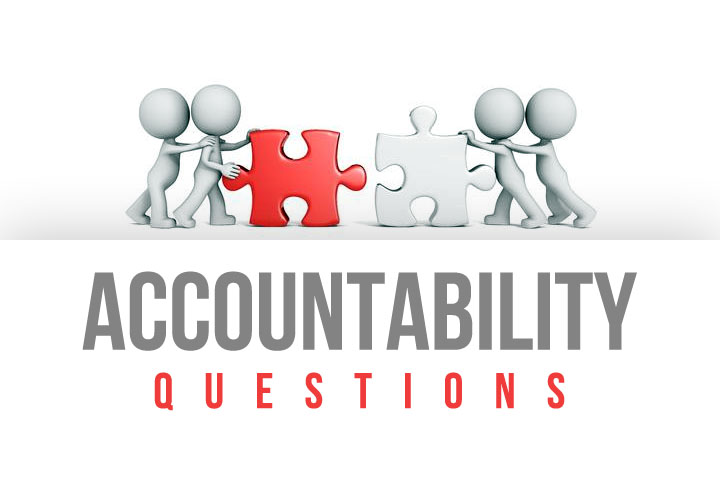
Barna and WorldVision recently tag-teamed to produce a study called the “The Connected Generation” which documented interviews with more than 15,000 adults ages 18 to 35 in twenty-five countries and nine languages. The research was quite extensive and has been ten years in the making.
As next generation leaders, I think it is vital that we pay attention to a study that offers this much depth. You can look over key findings of the study at this link: https://theconnectedgeneration.com/key-findings/
Of all the information covered, however, the one statistic that I cannot get out of my head is that only one out of every three young adults said they had someone in their life that believed in them.
This statistic literally breaks my heart. I have had countless number of people in my life invest and believe in me. This sad statistic forces me to look in the mirror and ask myself, “Am I believing in someone in the next generation?”
The next generation is often criticized, but if they have no mentors, no coaches, isn’t that somewhat of an indictment on the next generation’s leaders? I think it is.
As this latest study revealed, Millennials and Gen Z aren’t the next generation; they are the now generation! They are not an add-on to the church, but rather an active agent; not a consumer, but rather a contributor.
So, the question becomes, “How are you preparing future leaders for the arts and sciences, for economics and politics, for business and ministry?” Vocational discipleship is extremely important to the next generation and they are looking for coaches and mentors at church. Your job is to help facilitate this new reality: the workplace has become the new church.
This past Sunday, a young man approached me and asked me to mentor him. For starters, I was honored to be asked. It might now work this way for you. You might be the one who needs to ask a young man or woman if you could mentor him or her.
So, how will I mentor this new protege of mine? I have learned the last thing to do is give my mentee a book and tell him to go away. That practice does not do either party any good. You must first start by understanding that mentoring is a way for you to grow as much as your mentee.
So, how will I mentor this new protege of mine? I will take him along for the ride of his life. I will let him do ministry with me. He will do what I do. He will feel what I feel. He will see what I see and he will hear what I hear.
Wasn’t this the way of Jesus? Didn’t he tell some guys to come and follow him? Really, what Jesus told his disciples was “come and take a walk with me.” But, this was no short walk. This was a journey, a day-by-day walk beside Jesus and trusting him that he was taking them exactly where they needed to go. For one disciple, it led to the most unexpected place-hanging on a cross, upside-down. Thank goodness Jesus did not tell Peter this news on Day 1. This ride may not always be fun, but it will be worth giving up your very life for.





